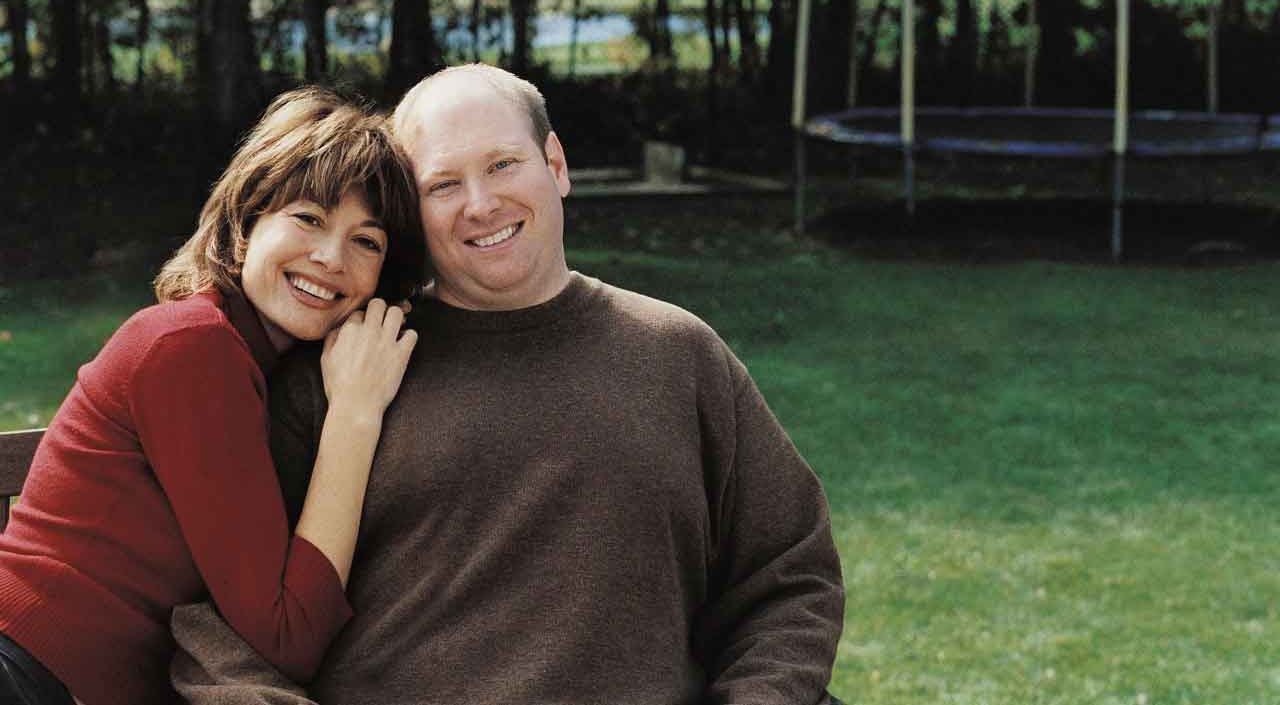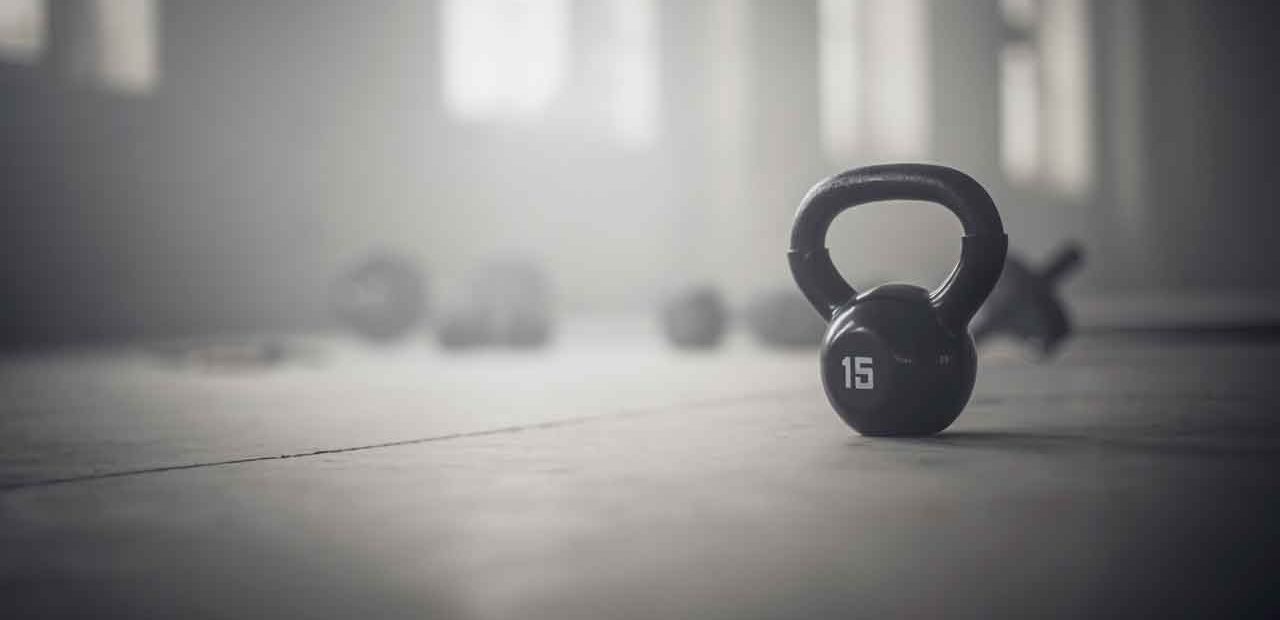February 14, 2018
When Your Partner Is Obese

I recall my mother looking at an obese person we happened to pass on the street and saying, “Isn’t that terrible that your problems are visible for everyone to see?”
I met my partner — let’s call him Aaron — about a year ago, several years after she died. Although I am sure she would have liked Aaron — everybody does, and tells me he’s “the one for you” — I know she would have urged me anxiously to push him to lose weight. Fat looked ugly to her, and when she referred to “problems” she didn’t just mean health issues. She meant problems. You were a walking announcement of being out of order.
Of course, she was right about the health problems. Maybe because I live in a time when more and more people are fat — several of my thin friends from childhood or our twenties are now obese — I don’t believe that everybody who is fat is more emotionally screwed up than the thinner person in the next cubicle. But my mother did have it right that it is a peculiar burden for your problem to be visible to every stranger.
YOU MIGHT ALSO LIKE: Improve Your Spouse's Fitness by Example
The nation’s obesity epidemic may have lessened the stigma, but it remains scary. I know a woman who told me she’d threatened to leave her husband because he had become obese in the past five years, and diabetic, and she didn’t believe he cared about losing weight. This especially irked her because he was unemployed. Yes, it’s historically been true that obese people are less likely to be hired than thin people with equivalent qualifications. They are less likely to be promoted, and have lower wages.
Her anxiety had done nothing to push him to eat less or exercise more and it continued to torture her. When I met him, he was jolly and seemed oblivious to her tension.
That obliviousness, I believe, will help them stay together. If he becomes insecure in the relationship, I believe it will deteriorate. No one wants to lose power and feel at a disadvantage. He may have been less anxious because he’s male. An obese woman may believe that if her husband leaves her he could more easily replace her than she could him. Men do tend to be more fattist when dating than women, some research suggests, probably because they tend to focus more on looks overall. An obese woman will have more trouble dating than an obese man, everything else being equal.
But confidence carries the day, in both men and women. I’ve known obese women who did just fine — they were highly gregarious and attracted many admirers. My boyfriend makes an excellent impression, too; when my friends first met him, they all said how well he “carried his weight” and urged me to take him seriously.
I’d never dated anyone close to Aaron’s size. But he was warm, smart, and outgoing, and — key for me — athletic. My short list of requirements included wanting to hike, ski, and generally spend time outdoors. This was all true of him. Aaron is one of the relatively rare obese people who is fit, fitter than almost anyone else I know.
I admired that, and admired the way he projected confidence. I knew I couldn’t be counting on him to lose weight; that I would have to accept him.
You’d think that accepting Aaron would have meant I became more accepting of obesity generally. Sadly, not so. For the first few months, I was in love and found his body magical and sexy and endearing. But I had critical thoughts about every fat person I saw, the way my mother did. I looked at obese people with contempt. They were lower-order human beings — except for Aaron. I also began fretting about the 15 pounds I needed to lose, which hadn’t bothered me much before. Even though I thought I wasn’t feeling critical of him, I made jokes about his weight. I don’t know whether a fly on the wall would have considered me mean. Aaron was noble about it: he saw that I was “dealing with the issue” in this way, but he did keep me in line, when I went too far.
Obesity does affect your sex life. Bulk gets in the way. Aaron sometimes looks like a big baby to me or a woman. There are rolls of fat. There are curves on the hips. But he’s also tall and has a football player’s build. He’s very much a guy as well as a baby and curvy woman.
Things go well when we’re going well, and less well when we’re not. The emotional dynamics trump all.
After those first few months, I settled into feeling less judgmental of obesity. I don’t see a fat guy — I see someone I love. When I’m angry or detached, sometimes I see a fat guy but only for a flash.
Hence my advice: If your partner has become heavier, and you find yourself less attracted, I believe that the solution lies in the quality of your interactions. Work on the relationship — which might mean apologizing for past mistakes, being more candid, taking an interest in areas of your partner’s life you tend to ignore, or finding new ways to have fun. Start by demonstrating the value of your relationship and the person you love may respond by trying to please you, which may or may not mean losing weight. But if you’re pleased, that’s the goal.
Write me with your questions about how any health issue or disability is affecting your relationships at editor@yourcareeverywhere.com.


